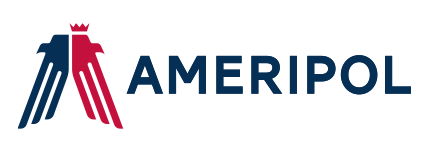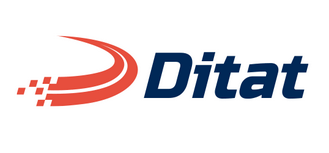XLerate's factoring services have been a game-changer for EST Freight Co. Their quick and reliable funding has significantly improved our cash flow management, allowing us to focus on growth and expansion. The support and personalized attention from XLerate have made them an invaluable partner in our success as a carrier.
Factoring: How Factoring Can Help Screen Brokers
Factoring is a financial transaction where a business sells its accounts receivable (invoices) to a third party, known as a factor, at a discount.

Introduction: In the ever-evolving world of finance, choosing the right broker is crucial for individuals and businesses alike. The financial market is vast, and amidst the plethora of options, it can be challenging to identify reliable brokers. One often overlooked yet powerful tool in this process is factoring. In this blog post, we'll delve into how factoring can be a game-changer in screening brokers, ensuring a smoother and more secure financial journey.
Understanding Factoring: Before we explore its impact on broker screening, let's briefly understand what factoring is. Factoring is a financial transaction where a business sells its accounts receivable (invoices) to a third party, known as a factor, at a discount. This provides the business with immediate cash flow, helping them meet their financial obligations.
The Role of Factoring in Broker Screening: Brokers play a crucial role in managing and investing funds. Factoring allows businesses to assess a broker's financial stability by evaluating their cash flow. Brokers with a consistent and healthy cash flow are more likely to provide reliable services, ensuring that your investments are in safe hands.
Risk Mitigation: Factoring helps in identifying potential risks associated with a broker. By analyzing their creditworthiness through factors like payment history and overall financial health, businesses can make informed decisions about choosing brokers who are less likely to default on obligations.
Quick Decision-Making: Time is of the essence in the financial world. This speed is especially crucial in dynamic markets, where delayed decisions can lead to missed opportunities or increased risks. Implementing
Research the Broker's Financial Background: Utilize factoring to delve into the financial background of potential brokers. This involves studying their payment patterns, debt ratios, and overall financial performance. Factoring provides valuable insights that go beyond surface-level assessments.
Evaluate Cash Flow Management: Factoring reveals how well a broker manages their cash flow. Brokers adept at maintaining a steady and positive cash flow are more likely to weather economic downturns and market fluctuations, contributing to a more secure investment environment.
Assess Payment History: Factoring allows businesses to analyze the payment history of brokers. Timely and consistent payments indicate reliability and financial discipline, crucial characteristics for brokers entrusted with managing financial assets.
Conclusion: In the complex world of finance, where trust and reliability are paramount, factoring emerges as a powerful ally in screening brokers. By leveraging the insights gained from factoring, businesses can make informed decisions, mitigating risks and ensuring a seamless financial journey. As you embark on your broker selection process, remember that factoring is not just a financial tool; it's a strategic asset that empowers you to navigate the financial landscape with confidence.






